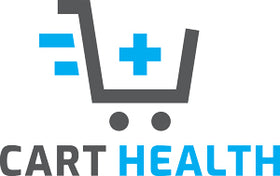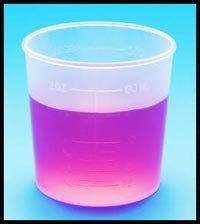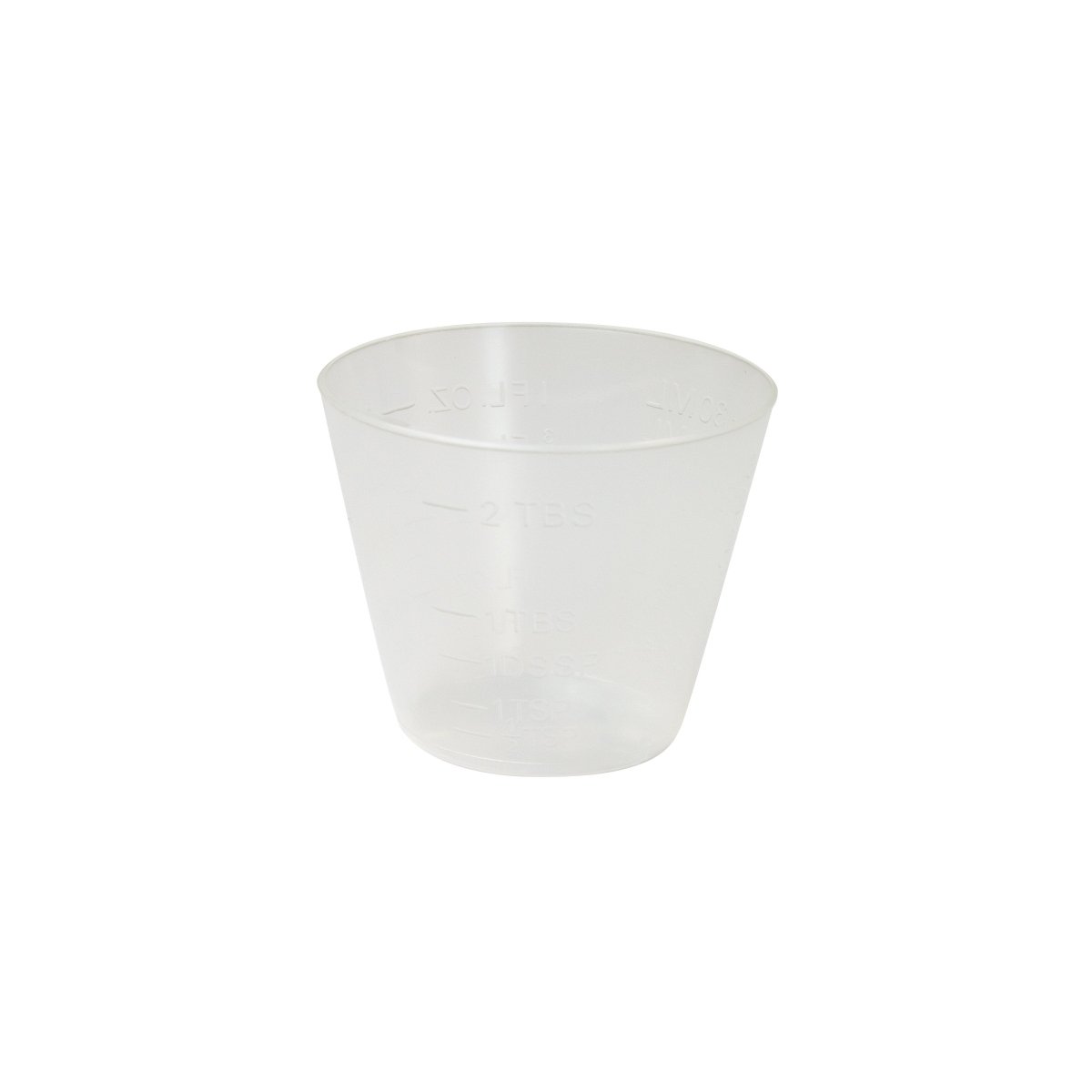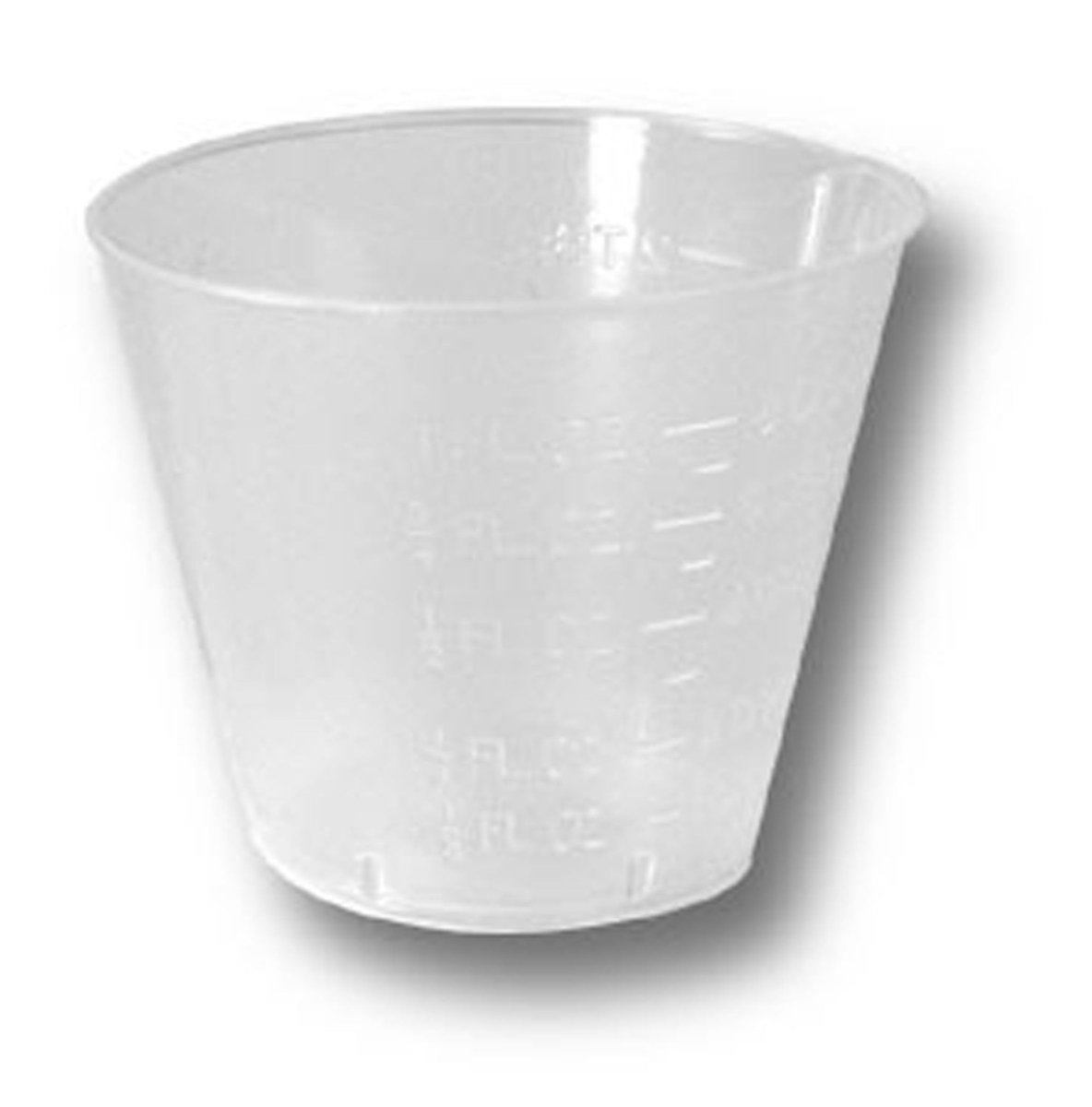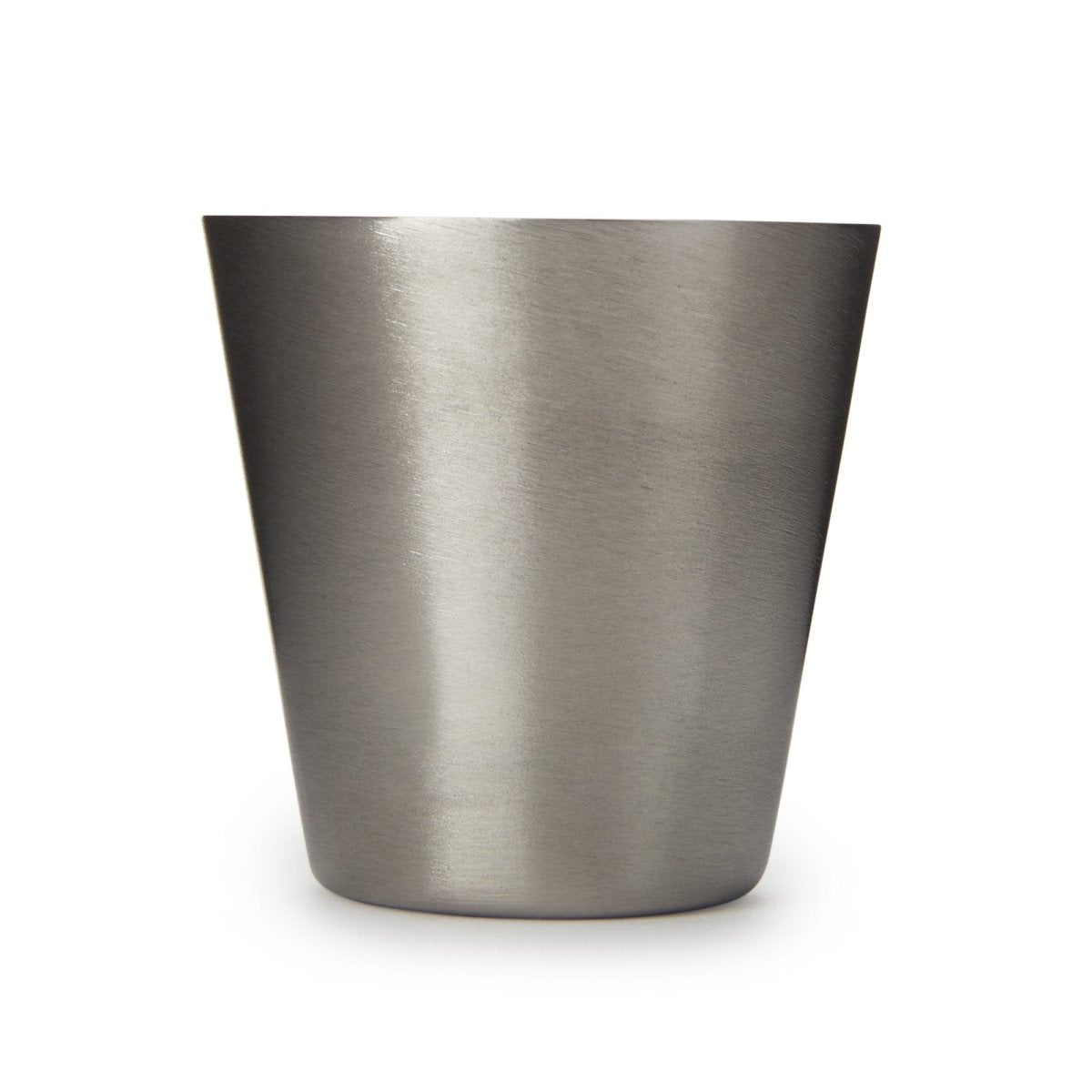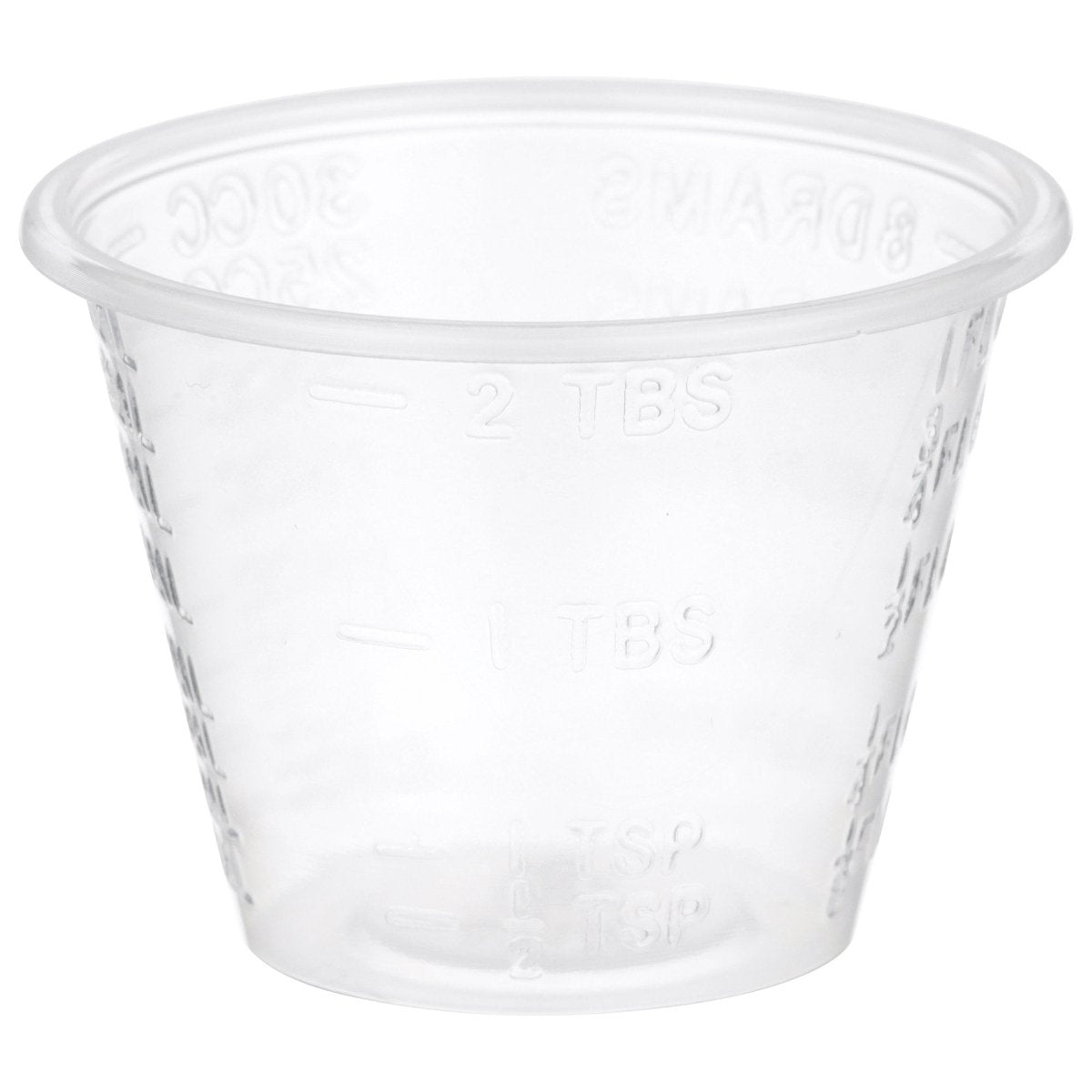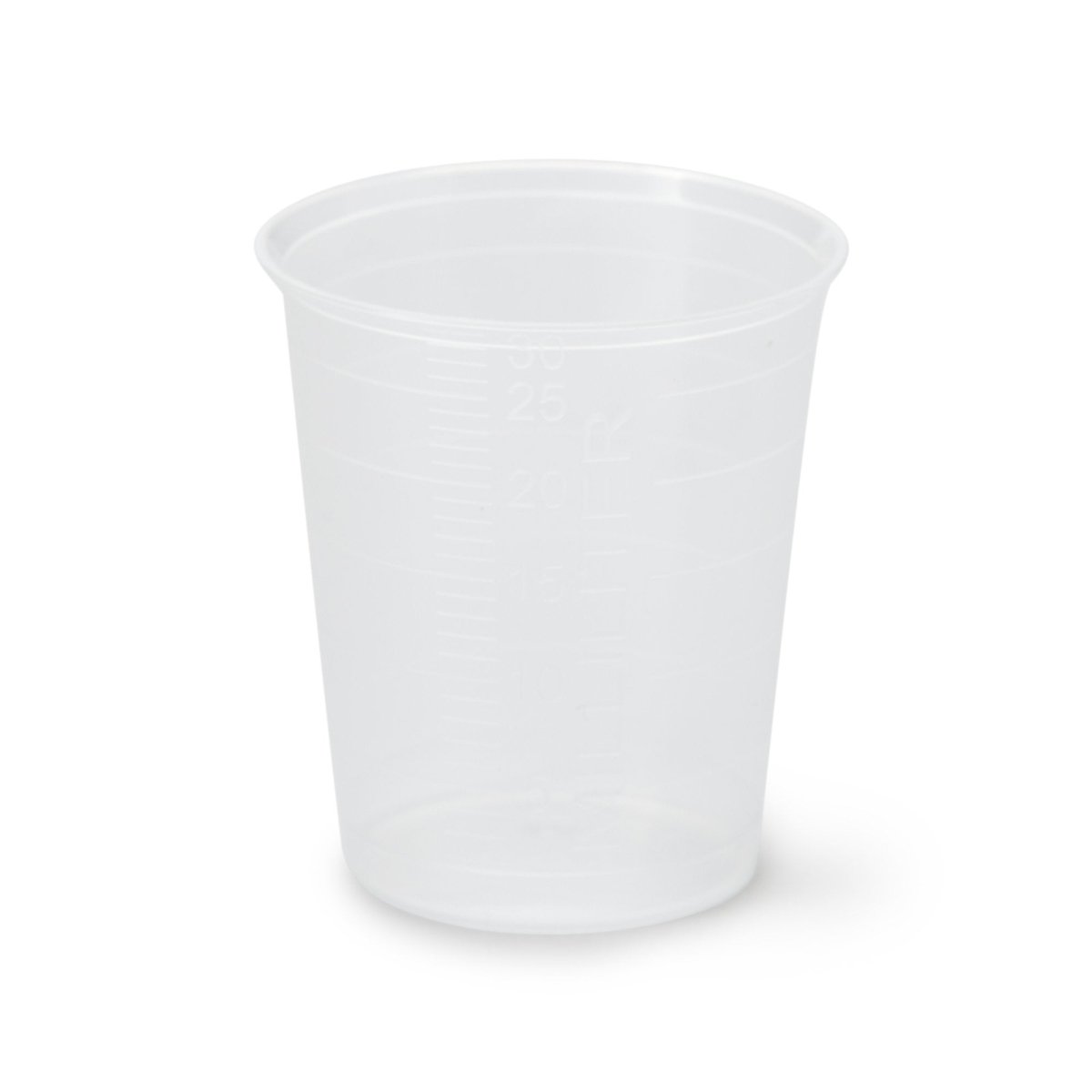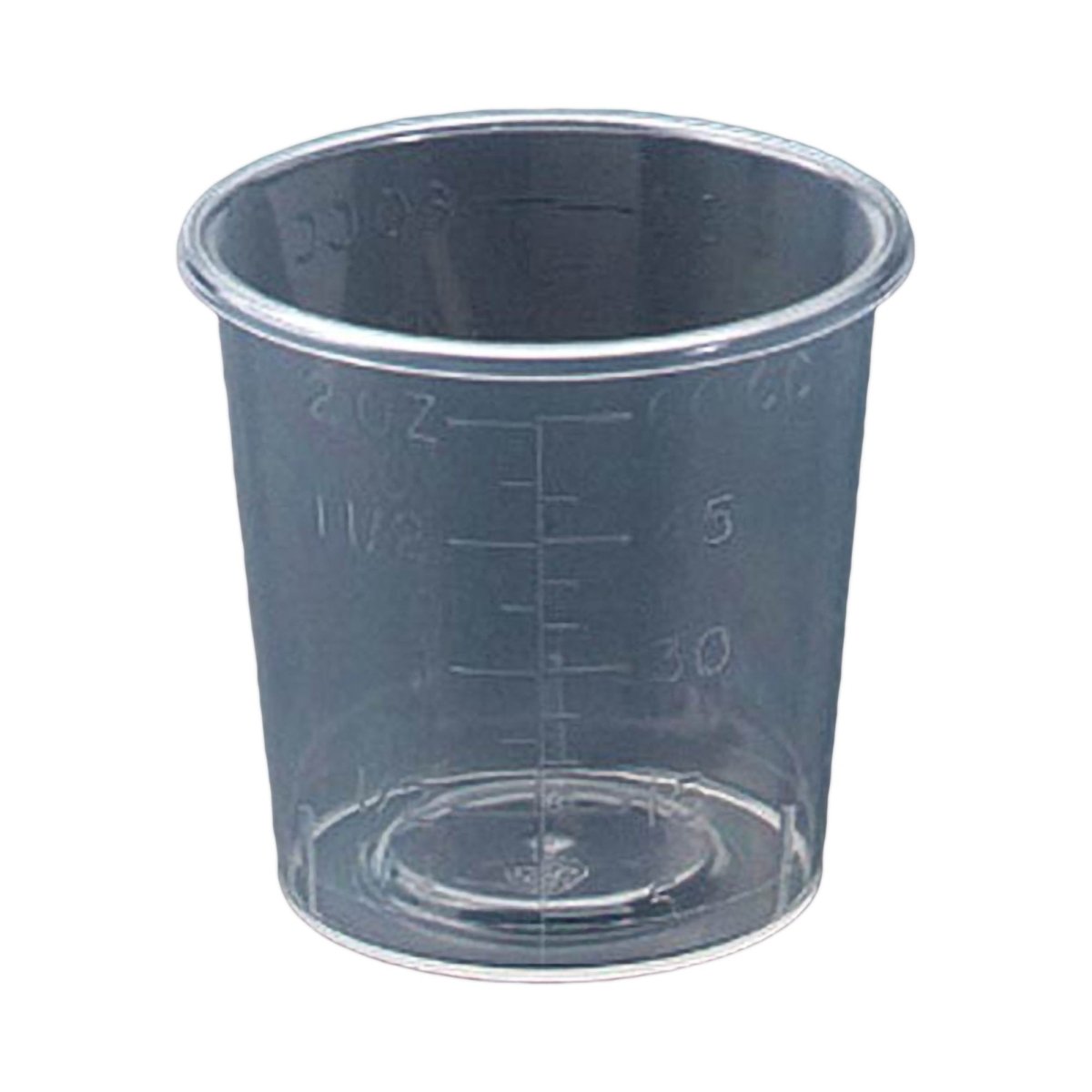Medicine Measuring Cups
Whether you're a healthcare professional or a caretaker at home, medicine cups help you measure accurate amounts of medicine. These disposable medicine cups are great tools for doctors’ offices and home use.
Frequently Asked Questions about Medicine Cups
Do you still have questions about Medicine Cups?
If we still haven't answered your question, you can contact us by phone or email and we will get back to you as soon as possible.
